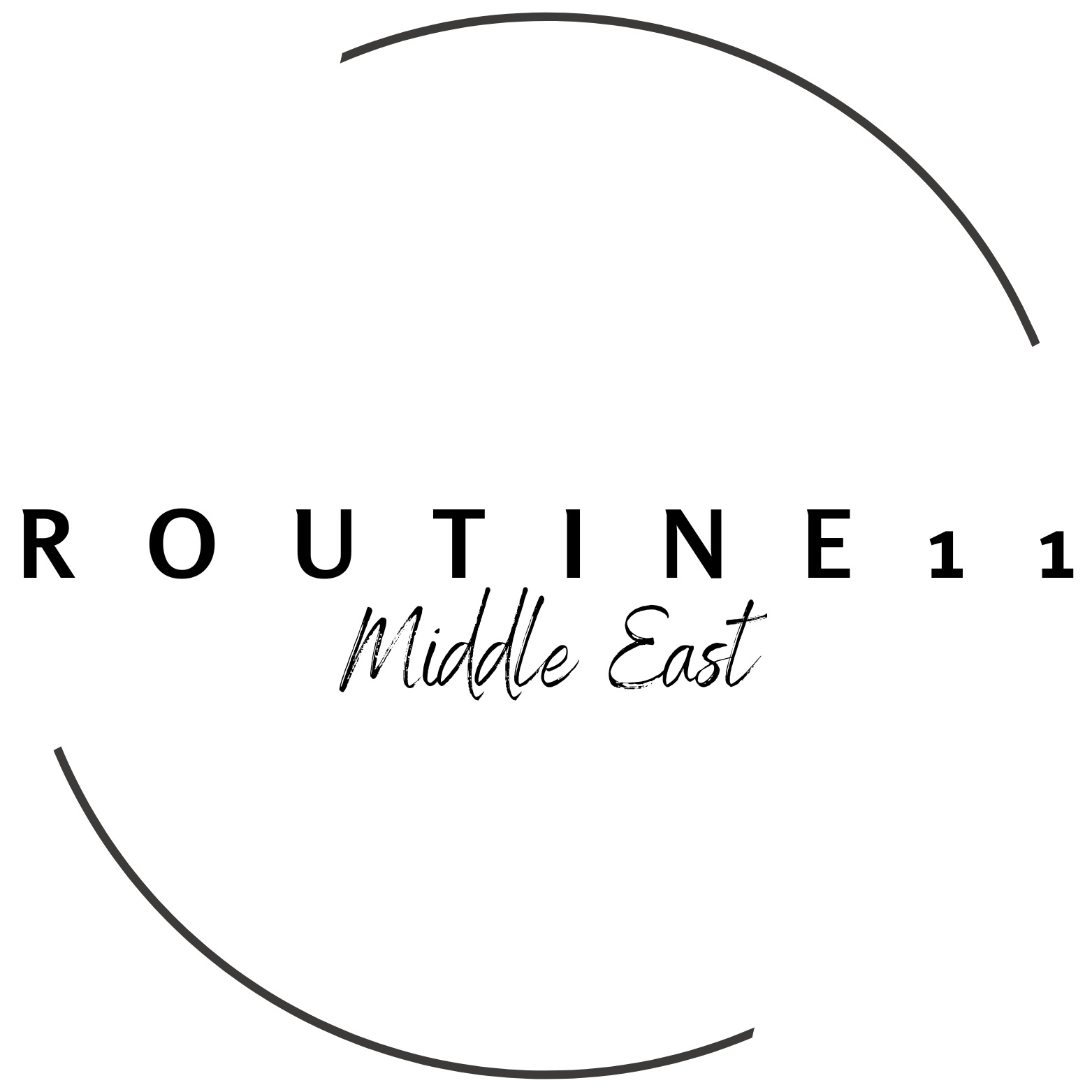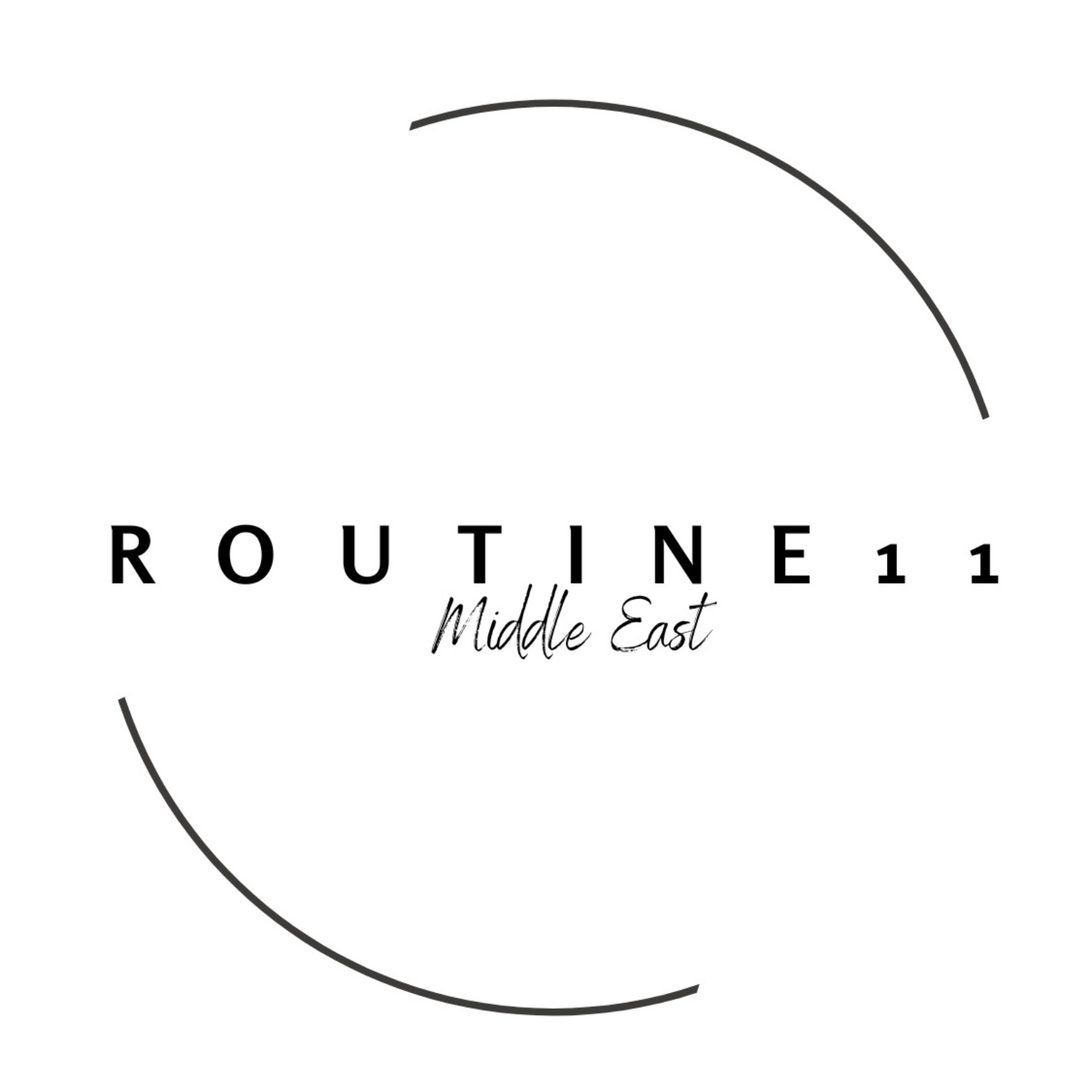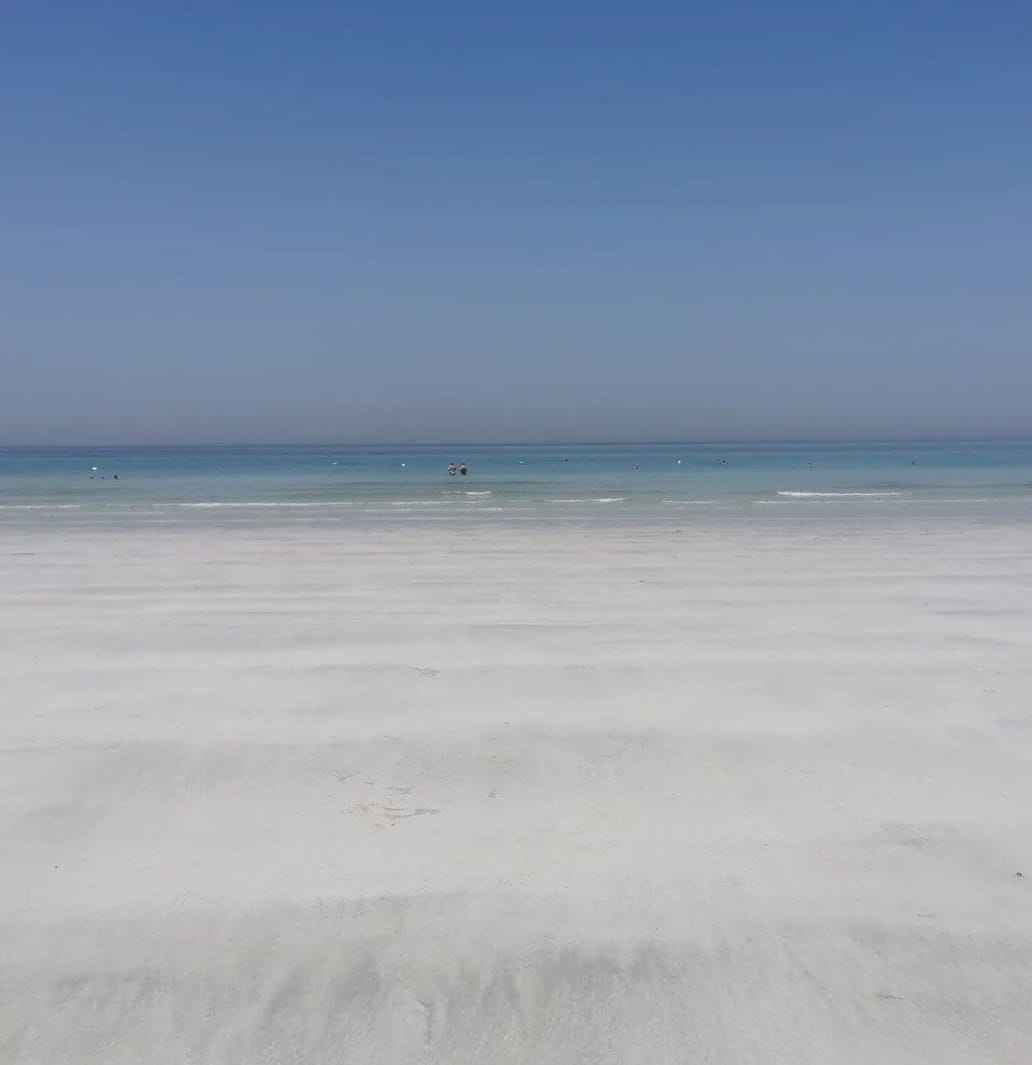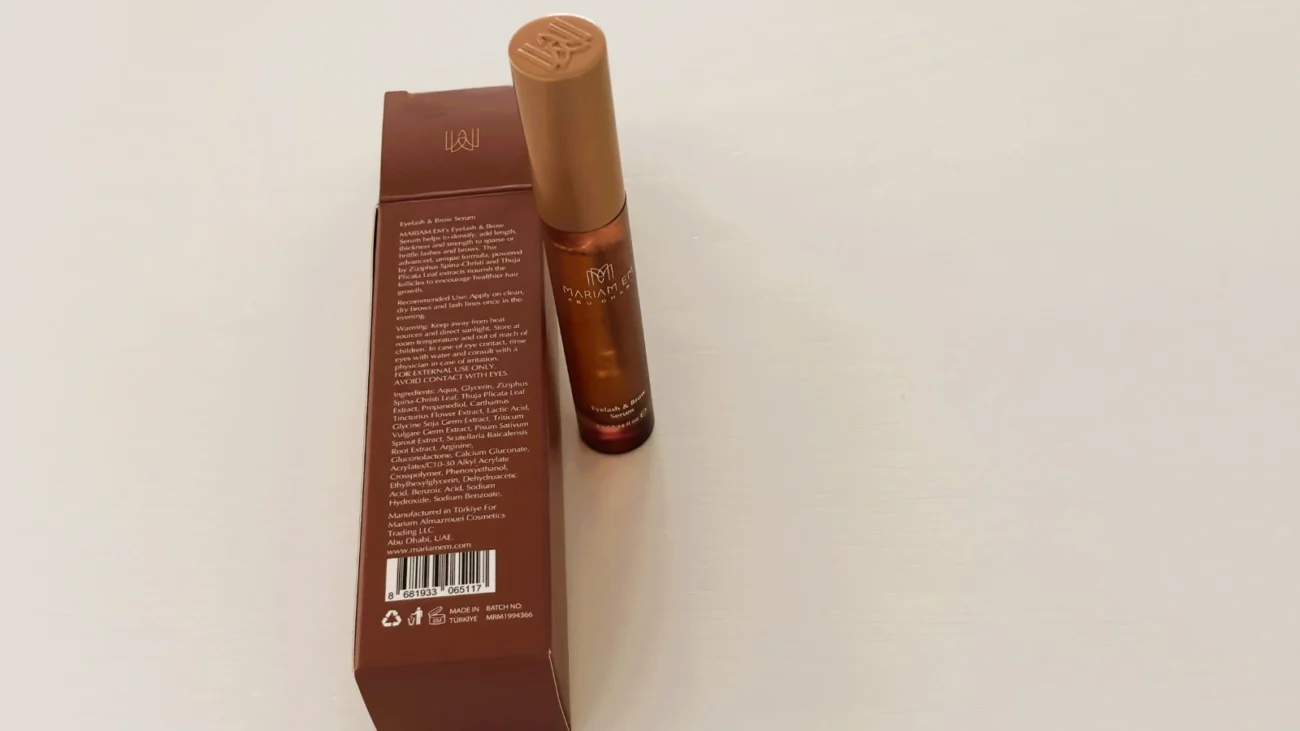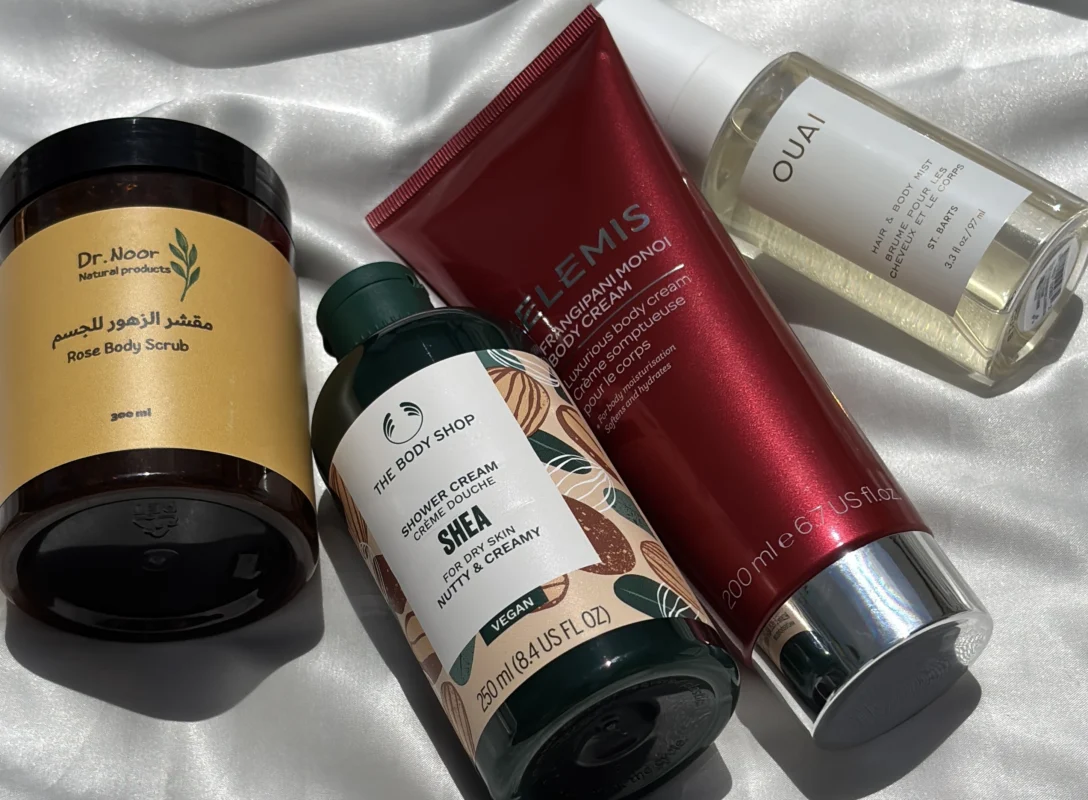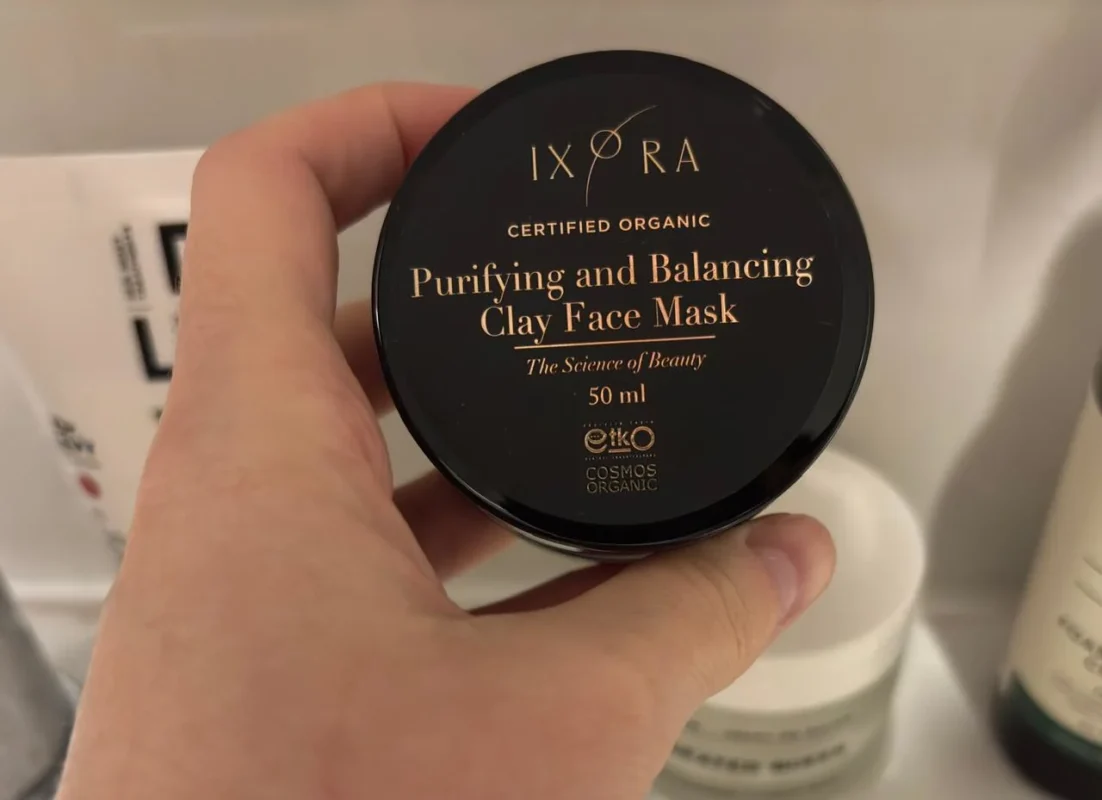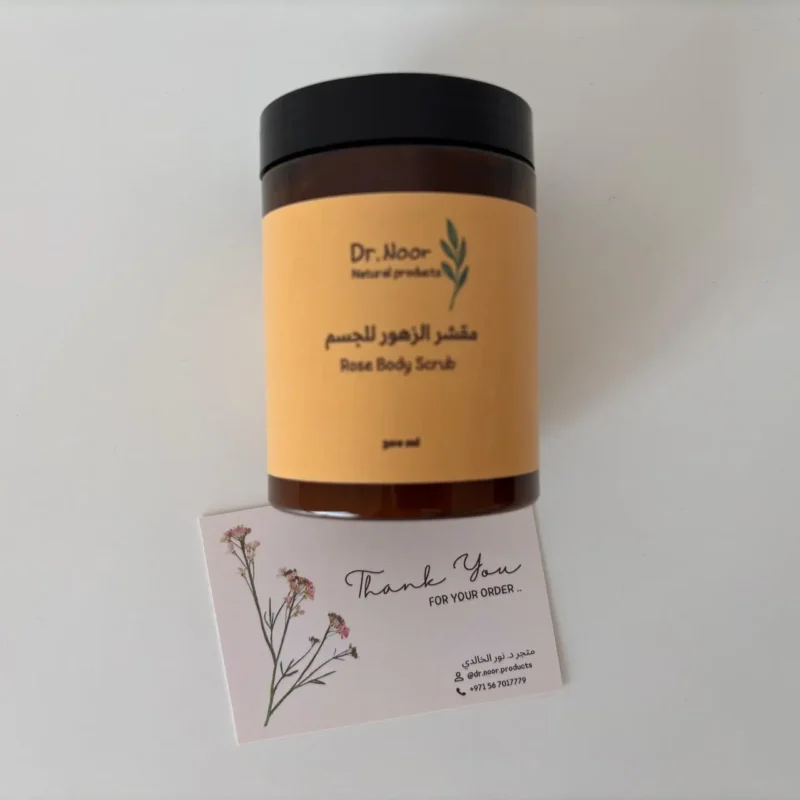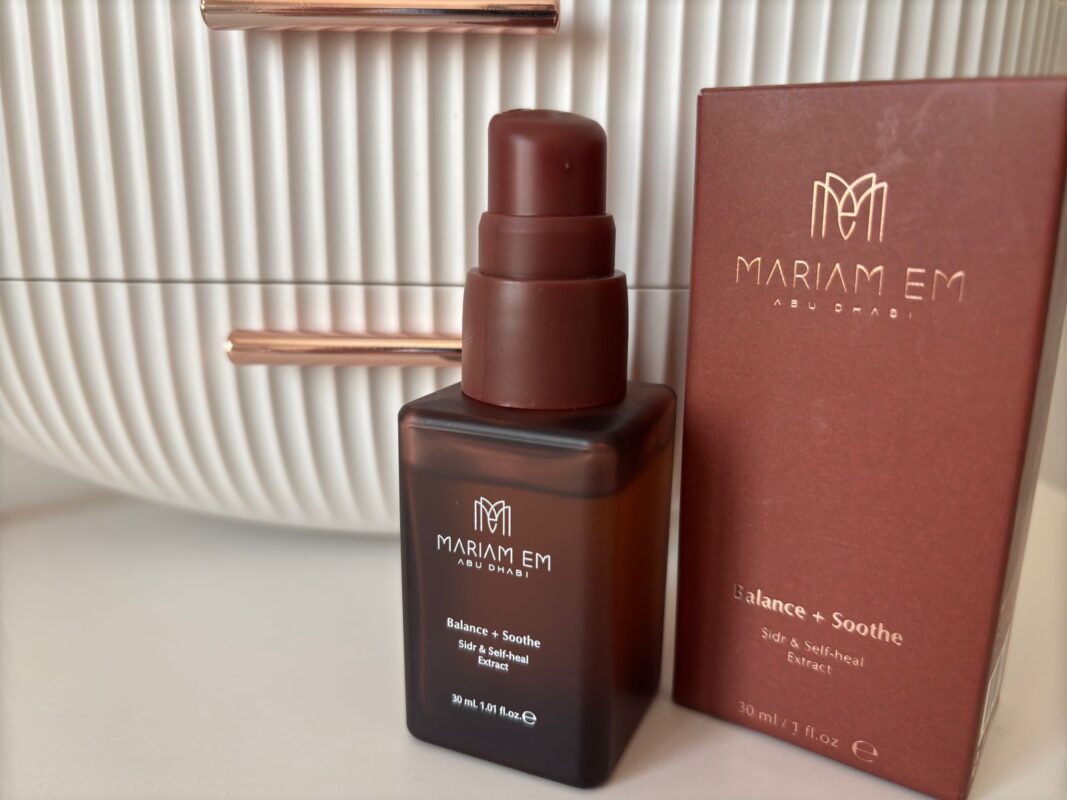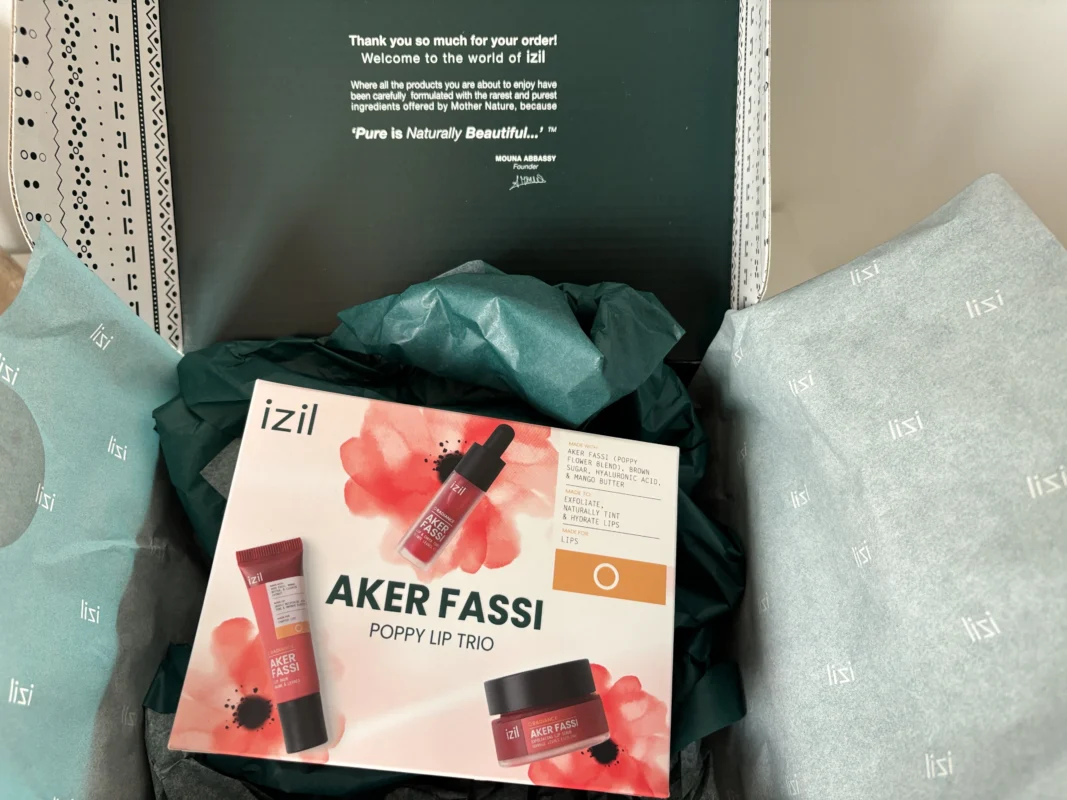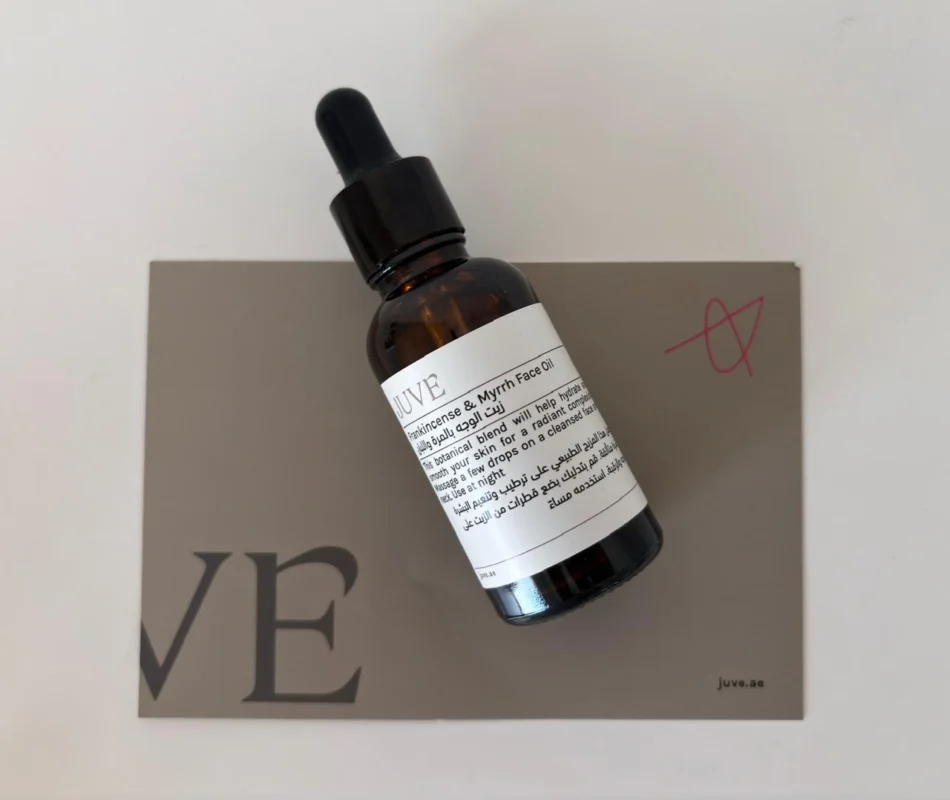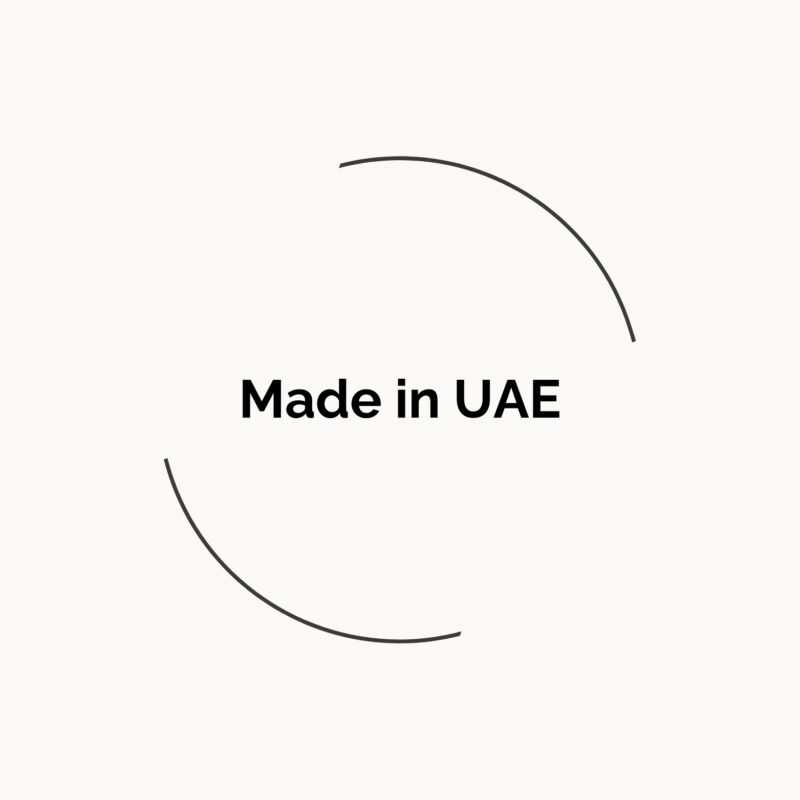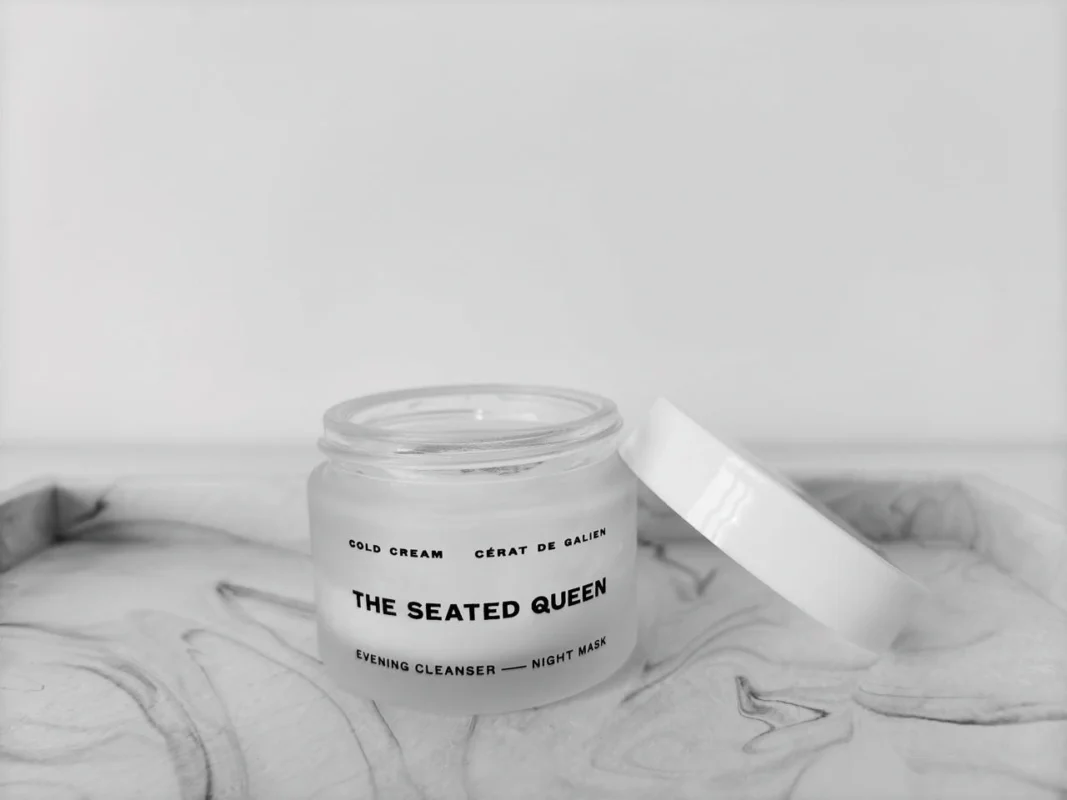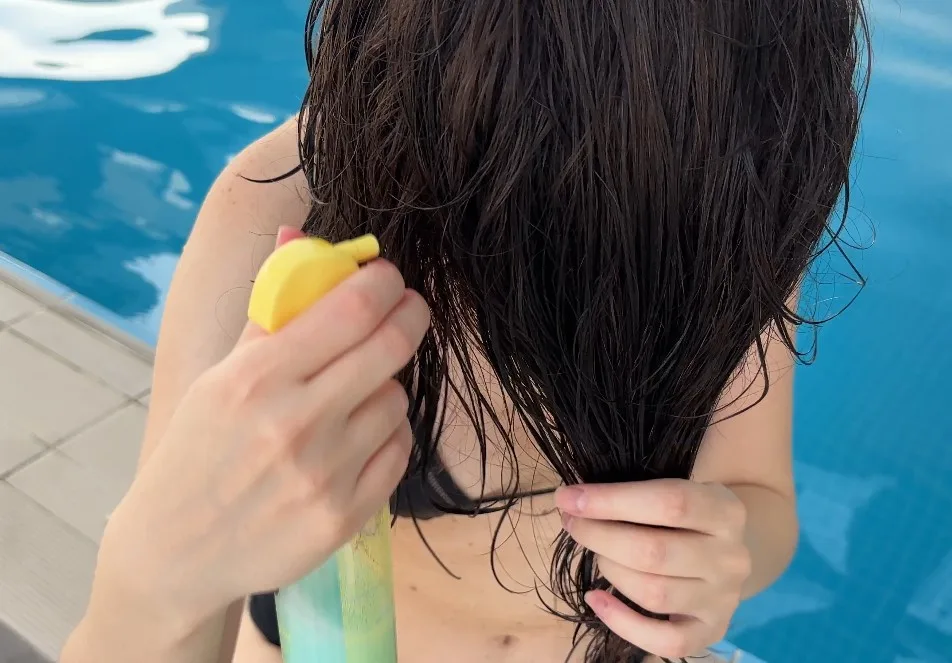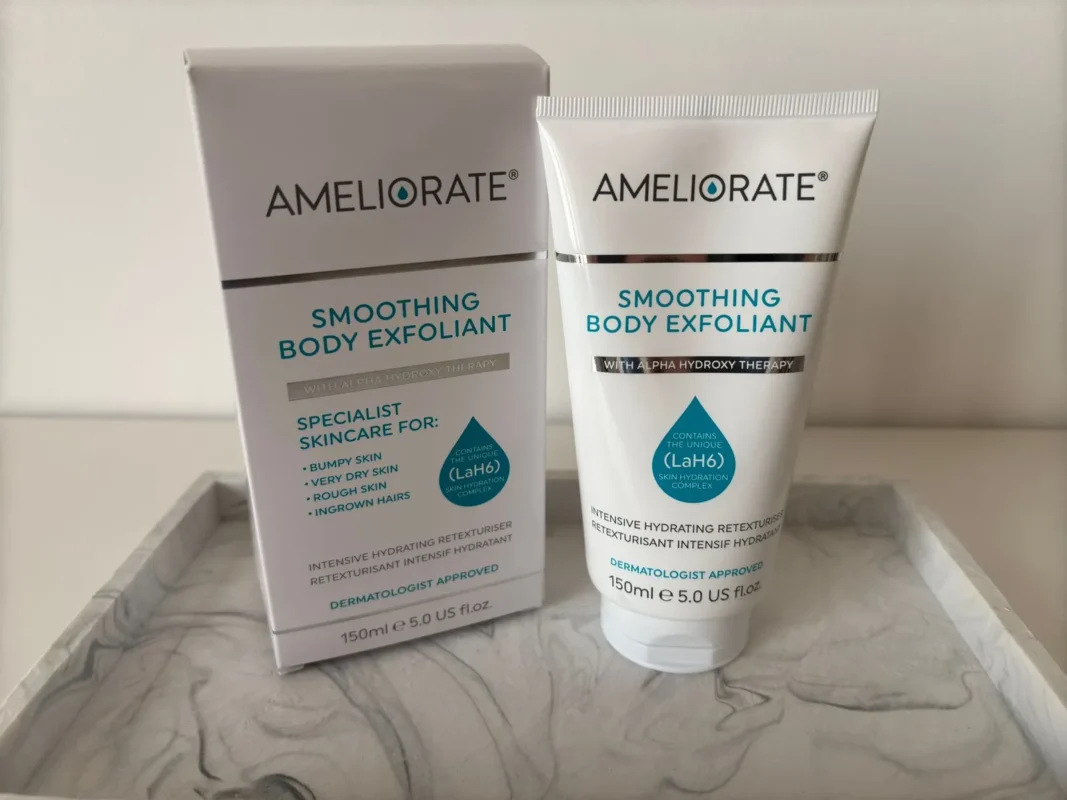As the sun shines brightly in the UAE and summer is in full swing, we need to talk about sun protection. Let’s prepare for the summer while keeping our skin safe and healthy.
The weather in the UAE offers lots of sunshine and high temperatures, making sun protection even more crucial to incorporate into our daily routines. The risk of sun damage increases significantly with long hours of sunlight and intense UV radiation. Too much out in the sun’s harmful rays is causing premature aging, sunburn, hyperpigmentation, and an increased risk of skin cancer.
We are in the intense climate of the Middle East, with its arid desert landscapes, causing some of us to have significant skin changes, whether it is dryness and sensitivity or increased oily production on our T-Zone; these changes are visible and are hurting us. Therefore, incorporating the correct and effective sun protection measures into our daily routine is paramount.
SPF measures a sunscreen’s ability to block UVB rays, which are primarily responsible for sunburn. The higher the SPF, the greater the protection. As a general guideline, dermatologists recommend using broad-spectrum sunscreen containing SPF of 30+ for everyday use. It is essential to be aware of your skin type, sun sensitivity, and the intensity of sun exposure.
Sensitive skin? Spending an extended period in direct sunlight? Opting for a higher SPF provides additional comfort.
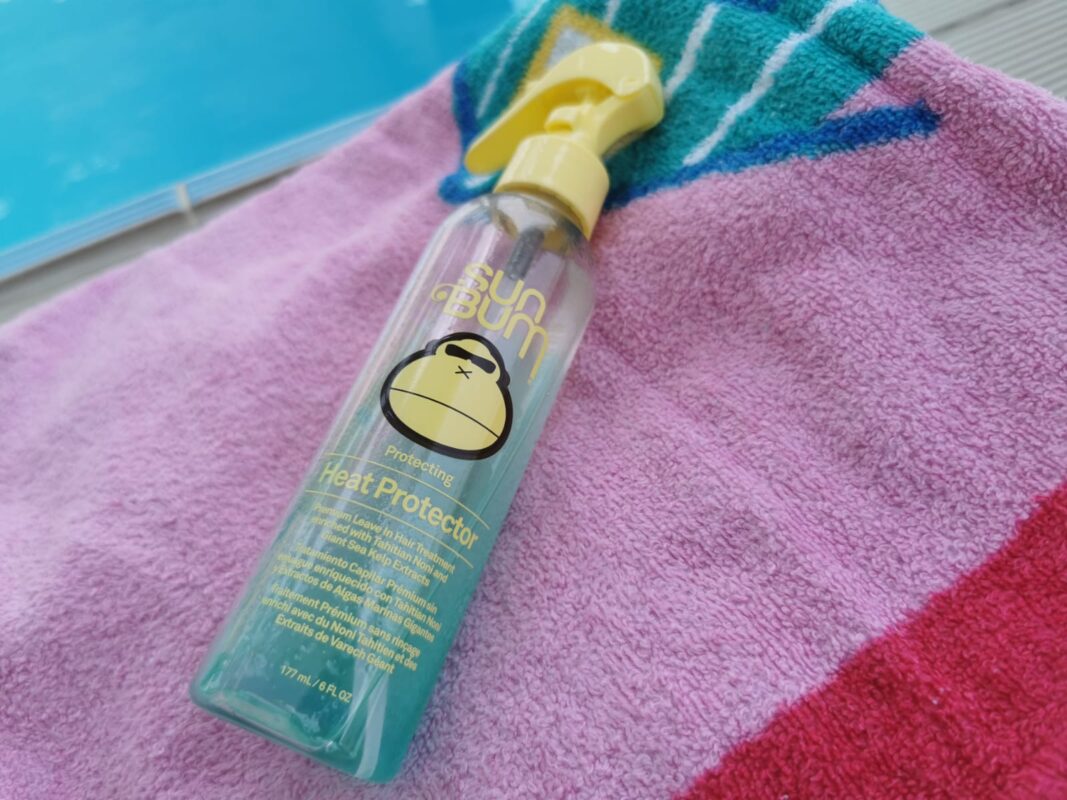
Swimming? Sweating? – Every two hours, you must reapply your sunscreen.
By understanding SPF and tailoring it to your specific needs, you make informed choices and ensure adequate sun protection for your skin.
And it’s not just about the Sun Protection Factor (SPF) alone.
Broad-spectrum protection is the key to protecting our skin from UVA and UVB rays.
UVA rays sink into our skin and cause long-term harm, premature aging, and an increased risk of skin cancer.
UVB rays are responsible for sunburn and shorter-term effects.
If we use a broad-spectrum sunscreen we ensure expansive defense against both types of dangerous rays. This means our skin acquires protection from sunburn and the long-term effects of sun exposure (fine lines, wrinkles, and discoloration). So, when choosing our perfect SPF cream, we always look for the “broad-spectrum” label to protect our skin from all the harmful sun rays out there.
We are used to two primary types of sunscreens: chemical and physical.
Chemical sunscreens absorb the UV rays and convert them into heat, while physical sunscreens build a physical barrier to reflect and disperse the UV rays away from the skin. Chemical sunscreens typically contain ingredients like oxybenzone and avobenzone, while physical sunscreens contain minerals such as titanium dioxide and zinc oxide.
The choice between chemical and physical sunscreens often depends on personal preference, skin type, and specific skin sensitivities. Chemical sunscreens tend to have a lightweight texture and blend more seamlessly into the skin, making them suitable for daily use and under makeup—most skin types generally like them. However, sensitive or reactive skin may find that certain chemical filters can irritate.
On the other hand, physical sunscreens are known for their broad-spectrum protection and are less likely to cause skin irritation. They build the physical barrier on the surface of the skin and are effective immediately upon application. Physical sunscreens are ideal for those of us with acne-prone skin or sensitive skin, as we are implausible to clog pores or cause breakouts.
It’s important to note that advancements in sunscreen technology have led to the development of hybrid formulations that combine the benefits of both chemical and physical sunscreens. These hybrid sunscreens provide broad-spectrum protection, are suitable for various skin types, and offer a pleasant application experience.
When choosing a sunscreen, consider your skin’s specific needs, sensitivities, and the level of protection required. Ultimately, finding the right sunscreen you enjoy using consistently is the key to ensuring effective sun protection and maintaining the health and beauty of your skin.
Selecting the ideal sunscreen formulation that suits your skin’s unique requirements is essential for a comfortable and effective sun protection skincare routine.
If you have oily skin, like mine, look for lightweight sunscreens with a non-greasy or mattifying finish. Gel-based or oil-free formulations are typically well-suited for oily skin types as they provide sun protection without adding extra shine or clogging pores.
For dry skin, opt for sunscreens that offer hydration and moisture. Look for formulations enriched with ingredients like hyaluronic acid or glycerin, which help to replenish moisture levels and prevent dryness throughout the day.
Sensitive skin owners should choose sunscreens labeled “hypoallergenic” or “designed for sensitive skin.” Look for formulas free from fragrances, dyes, and potential irritants. Physical sunscreen creams containing zinc oxide or titanium dioxide are gentle on the skin and are often well-tolerated by those with sensitivity concerns.
If you have combination skin, you may benefit from a lightweight, non-comedogenic sunscreen that balances hydration without feeling heavy or greasy. Seek formulations offering a matte or satin finish to address oily and dry areas.
Your personal preferences, expected texture, and the level of sun exposure you anticipate are just as important.
Consult with a dermatologist to help you find the perfect sunscreen. Don’t be shy and try sampling small sizes; find out what meets your skin’s needs.
I wasn’t used to applying so much SPF on my face; truth be told, back in Europe, I was applying my SPF cream in the morning and proceeding with my day without even thinking of reapplying it.
I remember one evening in December two years ago, I used Retinol 1% in Squalane from The Ordinary, and the following day, I completely forgot to apply SPF before stepping out. By the end of the day, I noticed a big red spot on my face, itching, burning, extremely sensitive, and irritated. I was frustrated by this surprising reaction. To heal it, I used the Evercalm™ Overnight Recovery Balm by REN Clean Skincare, and the Egyptian Magic All-Purpose Skin Cream for a couple of days, locally only. It was pretty annoying; I couldn’t touch that irritated area of the skin, and I couldn’t apply makeup. I temporarily stopped the use of Retinol for a couple of weeks to give my skin time to recover from the trauma it had experienced. I was served with a powerful reminder of the significance of the SPF and the potential consequences of overlooking it.
After relocating to the UAE, my skincare routine was built around SPF. Nowadays, it’s fair to say I swim in a sea full of SFP creams, gels, and lotions in all sizes. I have various travel-size SPF creams in my purses, in my car, on my desk, and even on my nightstand.
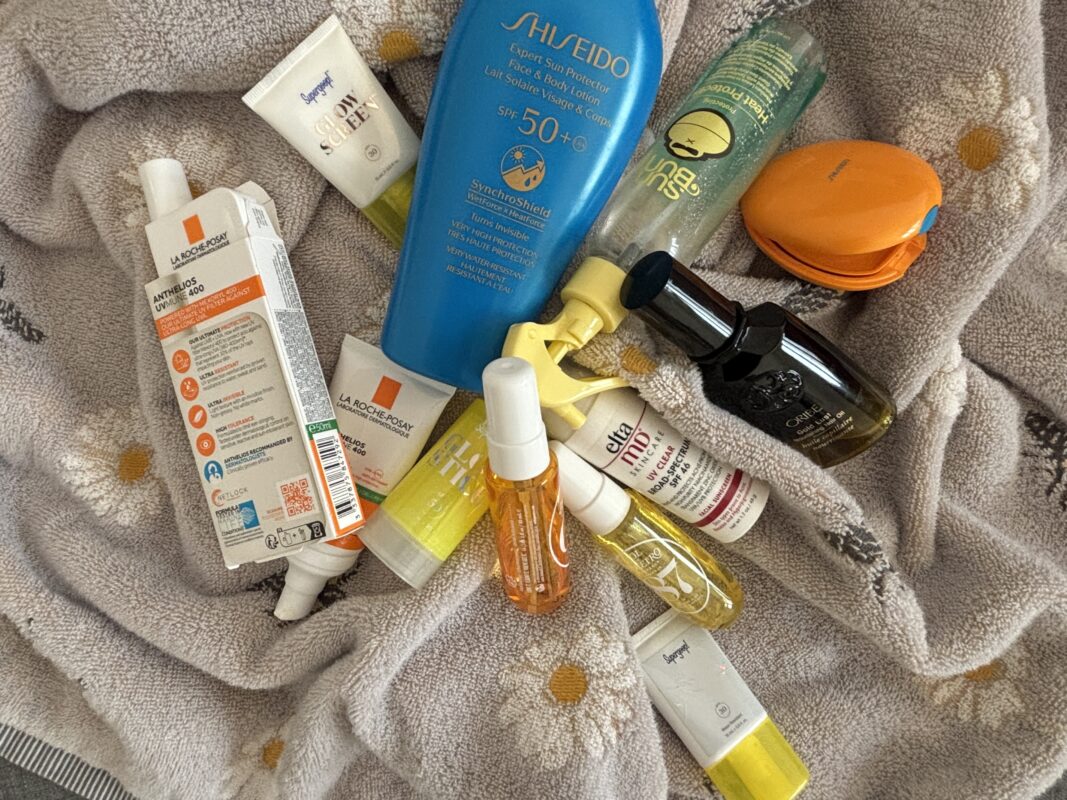
The daily fantasies surrounding SPF use:
“I only need to apply sunscreen at the beach or on vacation.” “I don’t need SPF when it’s cloudy.” Clouds don’t provide good protection against UV rays. If you woke up with a new little wrinkle under your left eye this morning, UVA rays can penetrate through clouds, leading to long-term skin damage.
“Sunscreen will clog my pores and cause breakouts.” Look for non-comedogenic or oil-free sunscreen formulations to minimize the chances of clogged pores; you have so many options out there!
“Higher SPF means I can stay out in the sun longer.” SPF means protection against UVB rays, not the amount of time you can spend in the sun. It would help if you reapplied regardless of the SPF level.
We do not negotiate sunscreen for our skincare routine, especially in the scorching Middle Eastern sun. I hope to inspire you to adopt a consistent sunscreen routine by sharing my story and insights.
Let’s make the most of the UAE summer with confidence, knowing that we’re armed with the understanding and protection necessary to enjoy the sun safely.
The Founder
If you are an expat in the Middle East facing skin concerns and want to share your story, send us a message at [email protected]
*Disclosure: I received no compensation for this review. This is solely based on my personal experience and assessment.
